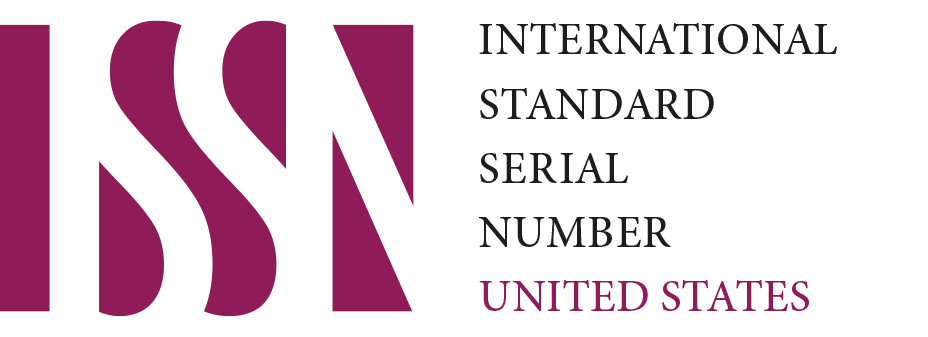Manajemen Pembiayaan Pendidikan Sekolah di Indonesia
DOI:
https://doi.org/10.61404/jimad.v2i2.169Keywords:
Management, Financing, SchoolAbstract
This article aims to comprehensively explore the management of education financing in schools across Indonesia. The research adopts a literature review approach, gathering data through meticulous source searches and synthesizing information from diverse references, including books, journals, and previous research. The findings of this study reveal that the education budget encompasses the allocation of funds used to facilitate educational services. Whether for public schools or governmental entities (at both central and regional levels), the authority for budget utilization is governed by legal frameworks. Nationally, the Ministry of Education and Culture (Kemendikbud) and the Ministry of Research, Technology, and Higher Education (Kemenristek Dikti) play pivotal roles in determining the education budget, specifying its sources and objectives. At the regional level, Provincial, District, and City governments, through the Education Service Unit (Satker Dinas Pendidikan), are accountable for planning and overseeing the utilization of education budgets in line with their respective jurisdictions and discretion. Simultaneously, at the school level, active involvement in planning and executing agreed-upon school programs funded by the budget is undertaken by the school principal in collaboration with the school community.
Downloads
References
Achmadi. Idielogi Pendidikan Islam. Yogyakarta: Pustaka Pelajar, 2005.
Arwildayanto. Manajemen Keuangan Dan Pembiayaan Pendidikan. Bandung: Widya Padjajaran, 2017.
Departemen Agama RI. Al-Qur’an Dan Terjemahannya. Jakarta: Pustaka Al-Kautsar, 2020.
E. Mulyasa. Manajemen Berbasis Sekolah. Bandung: Remaja Rusada Karya, 2004.
Ferdi W. Puslitjak. “Pembiayaan Pendidikan: Suatu Kajian Teoritis.” Jurnal Pendidikan Dan Kebudayaan, Balitbang, Kemendikbud 19, no. 4 (2013): 565–578. https://doi.org/https://doi.org/10.24832/jpnk.v19i4.310.
I Wayan Cong Sujana. “Fungsi Dan Tujuan Pendidikan Indonesia.” ADI WIDYA: Jurnal Pendidikan Dasar 4, no. 1 (2019): 29–39. https://doi.org/https://doi.org/10.25078/aw.v4i1.927.
Mestika Zed. Metode Penelitian Kepustakaan. Jakarta: Yayasan Obor Indonesia, 2004.
Munir Yusuf. Pengantar Ilmu Pendidikan. Palopo: Lembaga Penerbit Kampus IAIN, 2018.
Mutolib, and Onok Yayang Pamungkas. “Nilai Moralpada Syair Suluk Ngaji Jawa(Kajian Sosiologi Sastra).” JIMAD: Jurnal Ilmiah Mutiara Pendidikan 1, no. 2 (2023): 41–58. https://doi.org/https://doi.org/10.61404/jimad.v1i2.168.
Nanang Fattah. Ekonomi Dan Pembiayaan Pendidikan. Bandung: PT. Remaja Rosdakarya, 2002.
Nurkholis. “Pendidikan Dalam Upaya Memajukan Teknologi.” Jurnal Kependidikan 1, no. 1 (2013): 24–44. https://doi.org/https://doi.org/10.24090/jk.v1i1.530.
Pemerintah Republik Indonesia. “Pendidikan Agama Dan Pendidikan Keagamaan.” In Peraturan Pemerintah Republik Indonesia. Jakarta: Direktorat Jenderal Pendidikan Islam Depertemen Agama Republik Indonesia, 2006.
Priarti Megawanti. “Meretas Permasalahan Pendidikan Di Indonesia.” Jurnal Formatif 2, no. 3 (2012): 227–234. https://doi.org/http://dx.doi.org/10.30998/formatif.v2i3.105.
Sonedi, Zulfa Jamalie, and Majeri. “Manajemen Pembiayaan Pendidikan Bersumber Dari Masyarakat.” FENOMENA 9, no. 1 (2017): 25–46. https://doi.org/https://doi.org/10.21093/fj.v9i1.702.
Umi Salamah. “Penjamin Mutu Penilaian Pendidikan.” EVALUASI 2, no. 1 (2018): 274–293. https://doi.org/10.32478/evaluasi.v2i1.79.
Downloads
Published
How to Cite
Issue
Section
License
Copyright (c) 2024 Rukimin

This work is licensed under a Creative Commons Attribution-ShareAlike 4.0 International License.














